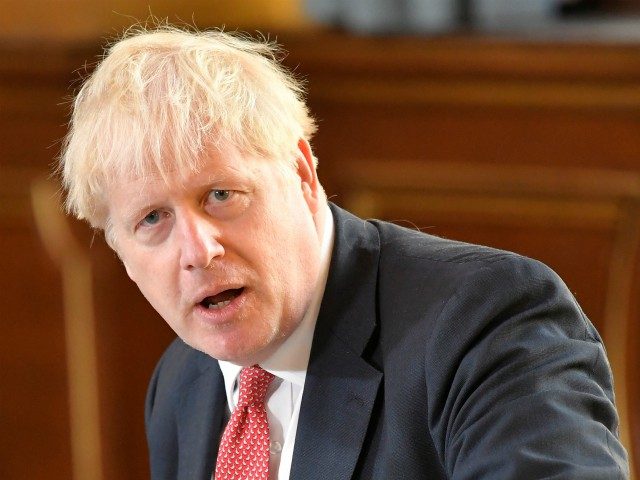Prime Minister Boris Johnson has rejected calls by the EU’s negotiator to “intensify” trade talks unless Brussels compromises.
VICTORIA FRIEDMAN
Last week’s talks ended in some acrimony after London accused Brussels of rowing back on an October 3rd commitment to “intensify” negotiations, with the prime minister determining that talks had failed and the UK would trade with the EU on World Trade Organization (WTO) terms at the end of the transition period on January 1st.
Number 10 also told Brussels on Friday that there was no point in sending its negotiator Michel Barnier to London if the bloc is unwilling to budge on its demands.
While the government’s rhetoric appeared to soften over the weekend — with Michael Gove saying that the door to negotiations was still “ajar” in hopes of a Canada-style trade deal — the senior minister told the House of Commons on Monday that the EU had refused to intensify talks “and would not engage on all the outstanding issues”.
“They declared that all future moves in this negotiation had to be made by the UK… This unfortunate sequence of events have in effect ended the trade negotiations because it leaves no basis on which we can actually find agreement. There’s no point in negotiations proceeding as long as the EU sticks with this position,” Mr Gove said, calling any negotiations with the EU as it stands “meaningless”.
At the same time, Mr Barnier issued a statement following a telephone conversation with his British counterpart David Frost claiming that he was “available to intensify talks in London this week, on all subjects, and based on legal texts”.
While it appeared that the EU had relented by returning the word “intensify” to the dialogue, Mr Barnier ended with the rather combative: “We now wait for the UK’s reaction.”
Downing Street did react, and despite the return of the pledge to intensify talks, Number 10 stood by its position, as Brussels had still not provided a new “basis to resume talks”, with concessions.
The statement said according to City A.M.: “The UK has noted the EU’s proposal to genuinely intensify talks, which is what would be expected at this stage in a negotiation.”
It continued: “However, the UK continues to believe there is no basis to resume talks unless there is a fundamental change of approach from the EU.
“This means an EU approach consistent with trying to find an agreement between sovereign equals and with acceptance that movement needs to come from the EU side as well as the UK.
“The two teams agreed to remain in close touch.”
The UK has been trying to negotiate a Canada-style free trade agreement, to which Brussels is resistant, it says, given the UK’s proximity to the bloc. Claiming the prospect of unfair advantage, the EU demands the UK abides by ‘level playing field rules’, allows the deal to be arbitrated by the European Court of Justice, and expects continued access to Britain’s fishing waters.
Mr Johnson said last week that if a deal cannot be struck, the UK will leave on WTO terms, or as the prime minister phrases it, an “Australia-style” arrangement with agreements in place that facilitate trade.
Gove repeated that the UK is ready for this option come the New Year, telling the Commons on Monday: “This country should get ready for 1 January 2021 for arrangements that are more like Australia’s – based on simple principles of global free trade.”